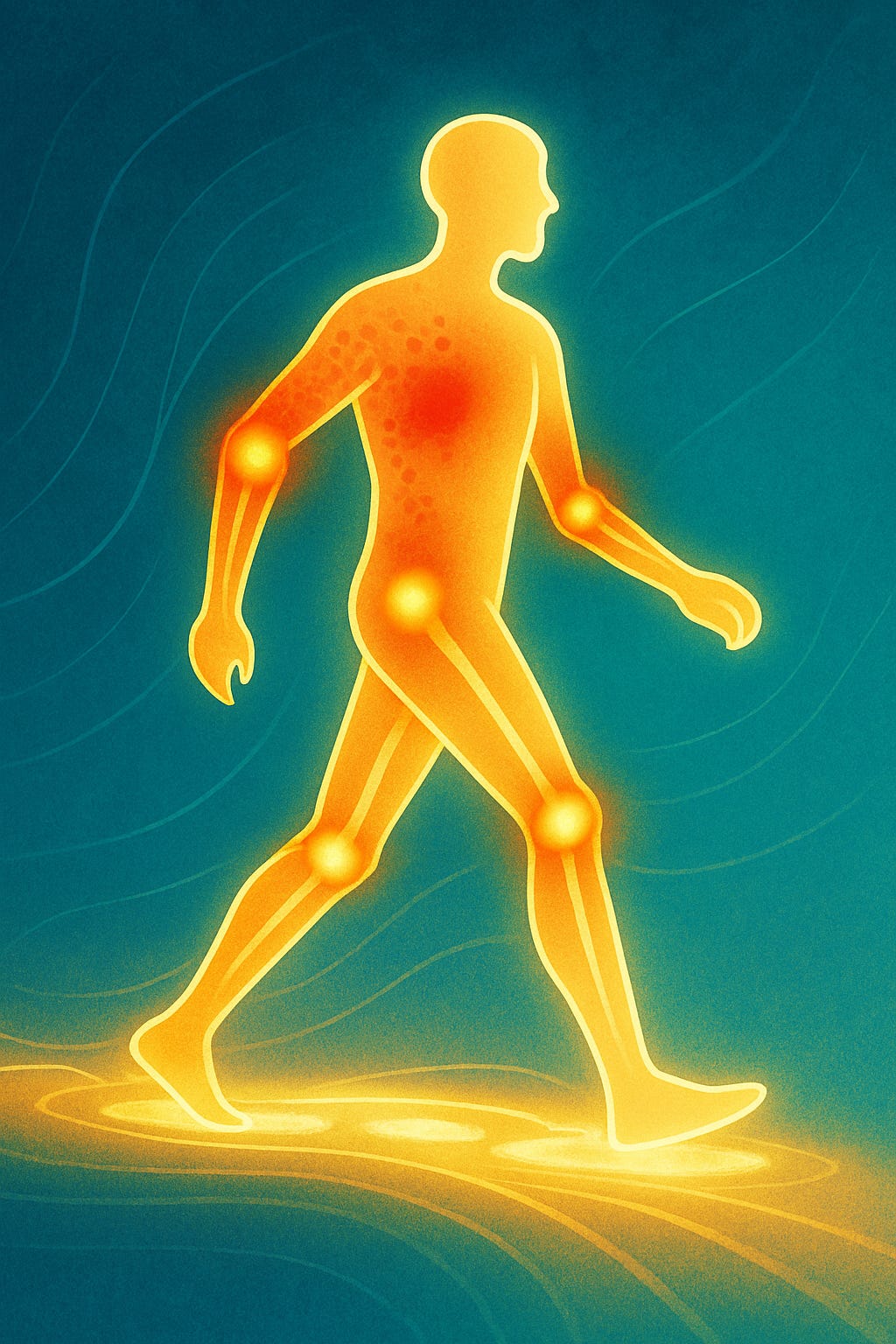Exercise Reduces Psoriatic Arthritis Risk in Psoriasis Patients
New research suggests daily steps and moderate activity may lower the risk of psoriatic arthritis in people with psoriasis
A large UK Biobank study presented at GRAPPA 2025 found that people with psoriasis who engaged in regular physical activity had a significantly reduced risk of developing psoriatic arthritis, with higher step counts showing dose-dependent protection.
Study Details
Psoriatic arthritis (PsA) is a painful inflammatory condition that affects about one-third o…
Keep reading with a 7-day free trial
Subscribe to Just Healthcare to keep reading this post and get 7 days of free access to the full post archives.


